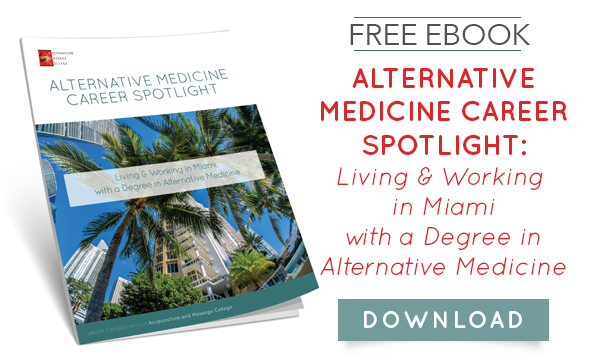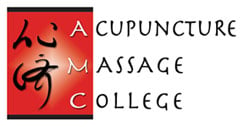 Editor's Update-Dec 2017: We have an updated and in-depth blog series on Alternative, Complementary, and Integrative Medicine.
Editor's Update-Dec 2017: We have an updated and in-depth blog series on Alternative, Complementary, and Integrative Medicine.
Holistic medicine is an ancient system of health care that dates back thousands of years ago, however the expression is of much more recent vintage. The word "holism" was coined by Jan Christiaan Smuts in 1926 to describe the concept that living beings are "greater than and different from the sum of their parts.” The word "holistic" wasn't widely used until the 1970s.
Now that you know a little bit more about the history of the term, you may be wondering: "What is the definition of holistic medicine? To understand more, it helps to explore three essential elements of the psychologically socially philosophy behind it.
It takes the whole person into consideration.
Have you ever visited a doctor of traditional medicine and get the feeling like the whole picture of your health wasn't being evaluated to make a diagnosis? Western medicine often focuses on treating symptoms, as opposed to always trying to determine the underlying causes of a condition, which is a focus of holistic medicine.
The American Holistic Health Association (AHHA) describes it this way:
"Rather than focusing on illness or specific parts of the body, this ancient approach to health considers the whole person and how he or she interacts with his or her environment. It emphasizes the connection of mind, body, and spirit. The goal is to achieve maximum well-being, where everything is functioning the very best that is possible."
Mind, body, and spirit — these aspects of each patient are considered to be intertwined and essential to achieving optimal health. Human beings are comprised of physical, emotional, mental, and spiritual elements is another way to look at it.
It focuses on natural healing.
While holistic medicine may incorporate treatments from mainstream health care, drugs, and surgery are not the line of first defense.
These are some of the focuses of primary care treatment in holistic medicine:
- Diet
- Exercise
- Environmental measures
- Attitude and behavior modifications
- Relationship and spiritual counseling
- Bioenergy enhancement
By definition, holistic medicine is about lifestyle changes, noninvasive remedies and improving the flow of a person's life-force energy, along with enhancing the body's own ability to heal itself.
It's patient-empowering.
Holistic health is a lifestyle. It doesn't stop and start when you walk in and out of a practitioner's office. What the patient does on a daily basis to tend to their mind, body and spirits is as important as any treatment or herbal remedies they receive.
According to the AHHA:
"[Holistic medicine] teaches patients to take responsibility for their own health, and in so doing is: cost-effective in treating both acute and chronic illness; therapeutic in preventing and treating chronic disease; essential in creating optimal health."
Many people opt for holistic medicine because it's a way for them to feel empowered in their own health care. They don't have to wait for drugs to work or surgery to fix them, they can take measures to enhance their well being on their own.
If you're interested in training to become a holistic health practitioner, Acupuncture and Massage College offers degrees in massage therapy and Oriental medicine. Contact the school for more information at (305) 595-9500 or by emailing us at admissions@amcollege.edu. We are located at 10506 N Kendall Drive, Miami, FL 33176.


 (305) 595-9500
(305) 595-9500






